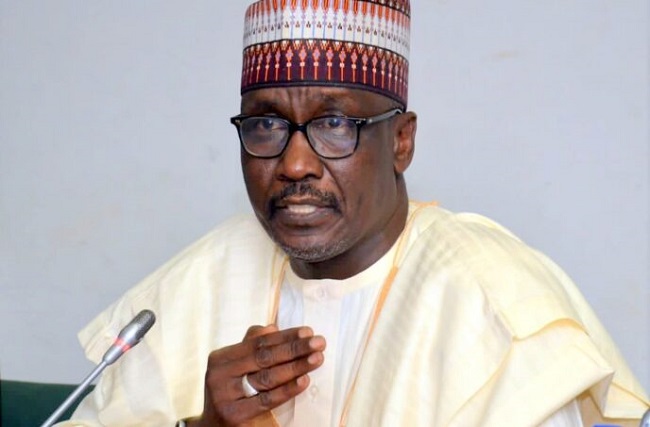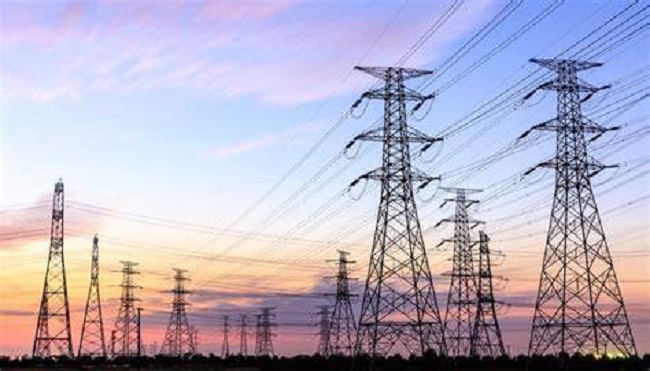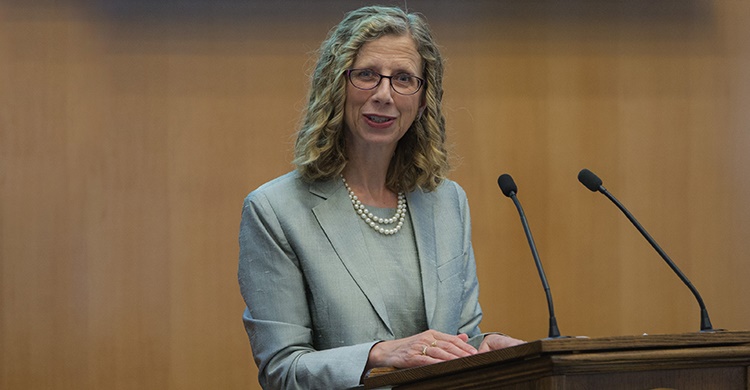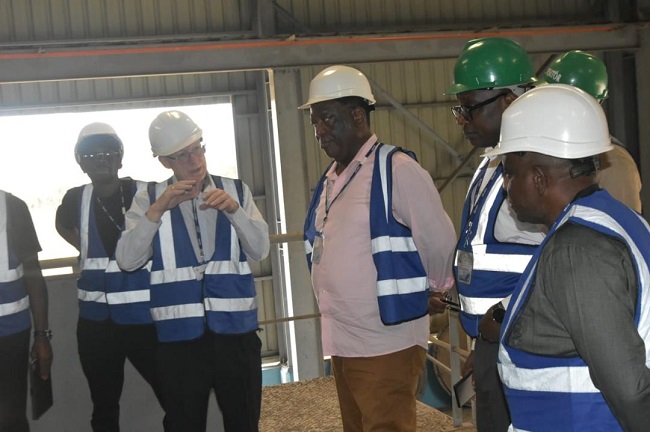General Manager of British American Tobacco Nigeria Foundation (BATN Foundation), Oludare Odusanya, has emphasised the organisation’s dedication to empowering young Nigerians through its flagship Graduate Agripreneurship Programme (GAP), a programme designed to inspire a new generation of agricultural leaders.
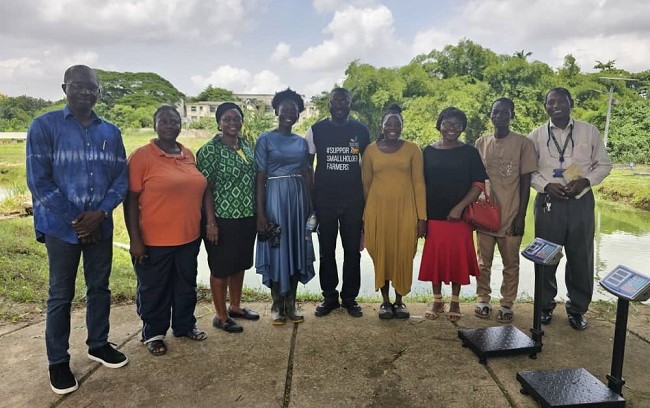
Speaking about the vision behind the programme, Odusanya, who called for applications for this year’s edition of GAP, running from February 17 to March 3, 2025, said: “Since its inception, GAP has empowered over 20 young agripreneurs by providing grants, mentorship, and technical expertise to transform their agricultural ventures. This year, the programme is expanding its reach, with six beneficiaries to be selected from each participating university – Federal University of Agriculture, Abeokuta (FUNAAB), University of Ibadan (UI), and University of Ilorin (UNILORIN) – ensuring broader impact across institutions. The journey of past beneficiaries paints a vivid picture of how the GAP programme is shaping the future of agriculture in Nigeria.
“At BATN Foundation, we understand that agriculture holds the key to unlocking economic prosperity for our nation. GAP is our way of investing in the future by equipping young graduates with the tools, resources, and skills to excel in agribusiness. These agripreneurs are not only creating jobs for themselves but are also contributing significantly to food security and economic development,” he said.
Richard Olayemi Balogun, a graduate of the University of Ibadan, is an example of how the initiative can transform lives. Balogun, who ventured into broiler production, recalls how the programme provided him with the foundation to scale his business.
“Before GAP, I had the passion but lacked the resources and technical knowledge to take my business to the next level. The grant I received, coupled with the mentorship and training, gave me the confidence to grow my enterprise. Today, I have a thriving business that not only supports me financially but also creates jobs for others in my community,” Richard shared.
Another success story is that of Aderanti Oni, a graduate from the Federal University of Agriculture Abeokuta (FUNAAB), who built a sustainable poultry farming business. Oni credits GAP with giving her the tools to overcome challenges and achieve her dream of becoming a successful agripreneur.
“The GAP programme taught me resilience and provided me with the resources to succeed. It wasn’t just about the grant; the mentorship helped me navigate the complexities of the agricultural sector,” she said.
Their stories are just a glimpse of the transformational impact that GAP has had on many other participants, further underscoring the value of investing in young talents to drive agricultural development. The Graduate Agripreneurship Programme is not merely a funding initiative; it is a comprehensive platform designed to address critical challenges such as youth unemployment and food security. Selected participants for the 2025 edition will receive a combined grant of ₦27 million ($18,000), access to land resources, capacity-building training, and mentorship.
BATN Foundation General Manager opined: “This year, GAP will once again be implemented in partnership with three leading universities: Federal University of Agriculture, Abeokuta (FUNAAB), University of Ibadan (UI), and University of Ilorin (UNILORIN). These institutions provide the framework to ensure the successful delivery of the programme, offering graduates the platform to turn their ideas into thriving ventures.
“With applications set to open on February 17, 2025, BATNF encourages young graduates from the three participating universities to seize this life-changing opportunity. Interested candidates can visit the websites of FUNAAB, UI, or UNILORIN for detailed guidelines and application links. The deadline for submission is March 3, 2025, and successful applicants will join an elite group of agripreneurs poised to reshape Nigeria’s agricultural landscape.
“GAP has already transformed the lives of young agripreneurs like Richard Olayemi Balogun (UI), Aderanti Oni (FUNAAB), and Olajide Oluwayomi (UNILORIN), equipping them with the resources and knowledge to scale their businesses,” he stressed.
BATNF says it remains committed to fostering a new generation of agricultural leaders as the programme grows. Graduates and alumni of agricultural disciplines from these institutions are encouraged to apply and seize the opportunity to receive grants, access land resources, and benefit from expert mentorship that will set them on the path to success in agribusiness.
“The BATN Foundation remains committed to its mission of promoting sustainable agriculture, driving youth empowerment, and ensuring food security. Through the Graduate Agripreneurship Programme, BATNF continues to inspire, empower, and equip the next generation of leaders to take Nigeria’s agricultural sector to greater heights,” submitted the group.
By Ajibola Adedoye


